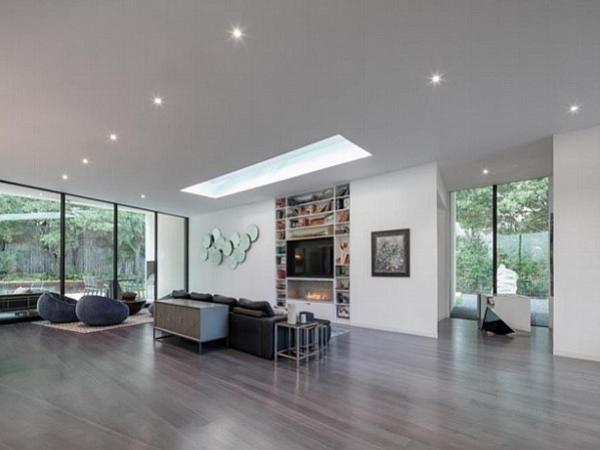
Date: 15 December 2017
Solarban® 60 solar control, low-emissivity (low-e) by Vitro Architectural Glass (formerly PPG Glass) is featured in Winnwood Residence, a LEED® Platinum-certified, energy-positive private home in Dallas that received two prestigious architectural awards this year.
Designed by 5G Studio Collaborative, the 4,600-square-foot, single-story home received the 2017 Texas Society of Architects Annual Design Award, one of only 11 winners chosen from more than 310 submissions.
The awards program recognizes outstanding architectural and urban design projects by architects practicing in the state to promote public interest in design excellence, while focusing attention on the quality of the built environment.
Located in a dense residential neighborhood, yet leveraging its wooded surroundings, Winnwood Residence also won a 2017 Built Design Honor Award.
Presented by the Dallas Chapter of the American Institute of Architects (AIA) for innovation, thoughtfulness and unique response to context and community, the award is the AIA’s highest recognition for excellence in built projects by Dallas architects.
Advanced Solarban 60 glass is part of an integrated energy and water management system that includes geothermal mechanical systems, a landscape irrigation design that uses 72 percent less water for irrigation than conventional designs of the same size, a rainwater cistern, passive solar orientation to limit direct solar gain, and a solar photovoltaic roof.

Winnwood Residence is LEED Platinum-certified, which is the highest designation by the U.S. Green Building Council, and a Net Positive Energy home, which means the residence produces more energy than it consumes.
With center-of-glass visible light transmittance (VLT) of 70 percent and a solar heat gain coefficient (SHGC) of 0.39 when used with clear glass in a standard 1-inch insulating glass unit (IGU), Solarban 60 glass is one of the industry’s highest-performing solar control, low-e glasses.
Due to its transparency and clarity, Solarban 60 was specified as part of the building envelope design, which incorporates façade orientation, glazing placement, exterior shading and tree locations to minimize direct solar heat gain and maximize daylighting and views.
To learn more about Solarban 60 and other Vitro Architectural Glass products, visit www.vitroglazings.com.
 600450
600450


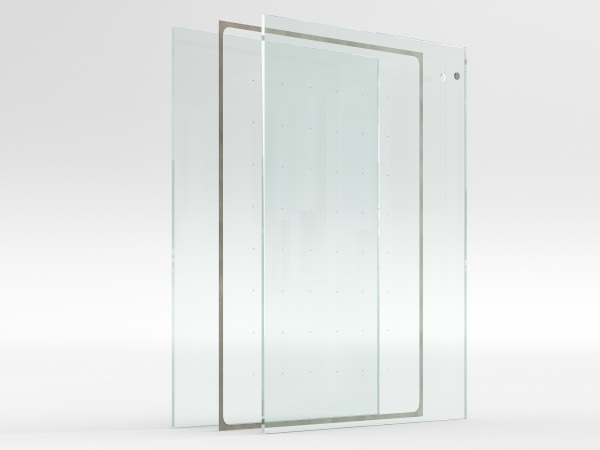

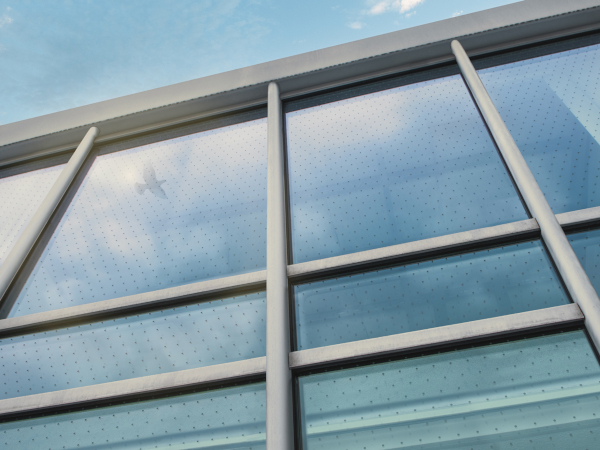
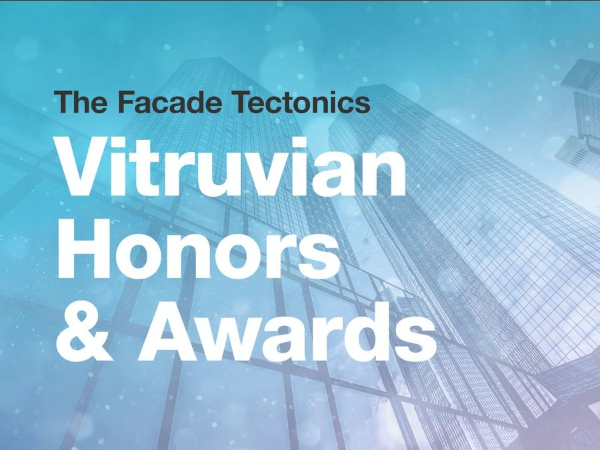




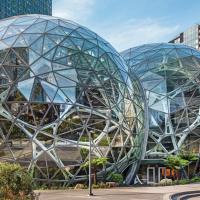
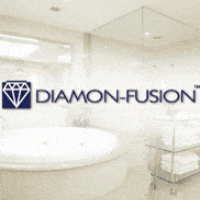
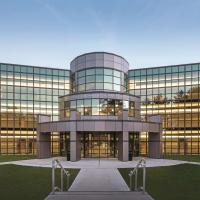
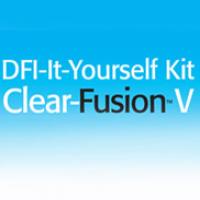
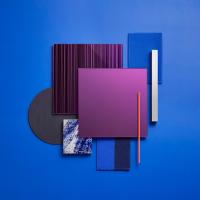
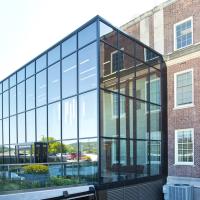
Add new comment